Quantum Computing: Reality and Promises
What is quantum computing, and why has it become lucrative for such tech giants as IBM, Google, and Microsoft?
A quantum computer seemed like a heavenly pie until scientists at MIT University turned that dream into a masterpiece of computer science. In the late 1980s, it was a breakthrough that intrigued the minds of scientists and sparked hope for a new revolution in information technology.
Almost half a century later, quantum computing is no longer a mere fantasy. Google recently hit the headlines in all of tech, claiming that it has finally achieved quantum superiority, meaning that its quantum computer can perform a task that no traditional computer can or likely will be able to do.
How Does it Function?
Classical computers manipulate basic units of information (bits) whose values are represented as binary states 0 or 1. Quantum computers are also based on storing and managing these attributes. Still, with one difference – they use quantum qubits (atomic nuclei or photons, etc.) whose properties enable them to perform complex calculations.
Like bits in traditional computers, quantum bits can also be translated into one of two possible system states, for example, an atomic nucleus rotating up or down.
Quantum Entanglement
Another impressive property of qubits is entanglement. So what is quantum entanglement? The essence of this quantum mechanical phenomenon is the tight coupling that causes each qubit to react instantly to a change in the state of the other, no matter how far apart they are from each other. By making measurements of just one entangled quantum bit, one can immediately determine the attributes of its partners without any complicated calculations.
The Use of Quantum Computing for Business
Many people question whether such technology is vital for commercial use. While scientists argue that quantum computers have unique, unrivaled capabilities, others are skeptical.
The average size of a computer chip is about ~14 nm, but when it approaches ~10 nm, electrons can be “teleported” to the other side of an obstacle using quantum tunneling, which is one of the phenomena of quantum mechanics.
In other words, people have reached a specific chip size, the reduction of which will result in the principles of classical physics no longer being followed. This means that its capabilities will also be limited. In addition, according to Adam’s Law, traditional calculations perform calculations linearly, when the ability to parallelize computations is also limited.
The processing power of classical computers is limited. These limitations do not prevent us from performing routine operations in most cases. But when it comes to solving complex problems and tasks that lie above a specific size and level of complexity.
Healthcare, pharmaceuticals, manufacturing, and other fields will harness the power of quantum computers to perform complex calculations in the blink of an eye.
Industries of Application
Although quantum competitors are far from perfect, we can find many examples of their use in finance (28%), global energy and materials (16%), pharmaceuticals, and medical devices (9%). In addition to the industries mentioned above, quantum computing can also find widespread business applications in various ways, such as cryptography, data analytics, forecasting, pattern matching, and other areas.
Because of its exponential speed, quantum computing can simplify data protection and improve security. But to set new standards for security in the industry, quantum computers need to master many more qubits (about 20 million) for encryption than they have now (by September 2020, IBM’s most giant quantum computer will contain 65 qubits).
Decision-making with quantum technology will allow businesses to make more efficient decisions and, as a result, increase their revenues and reduce the number of resources they can invest in less efficient strategies.
Promises
Quantum computing could help governments mitigate data leakage problems, disclose, and share sensitive information with third parties. Quantum cryptography could also be used to protect cloud information and spread nuclear authentication codes.
While the media is creating quite a stir around the ability of a quantum computer to decipher any information, scientists prefer to look the other way.
Probably the most promising application is quantum modeling. When developing new complex systems, materials, or drugs, it would be helpful to calculate their properties.
However, the calculation of such complex systems would require significant computational power, so only quantum computers can handle this task. More controlled quantum systems could be used in the research phase to predict the effectiveness of new drugs, eliminating the need to synthesize a test drug.
Final Thoughts
Quantum computing will accelerate or even cause breakthroughs in data analysis, medical research, and weather forecasting. This way, it will undoubtedly impact the world. So the race to develop quantum computing continues.



